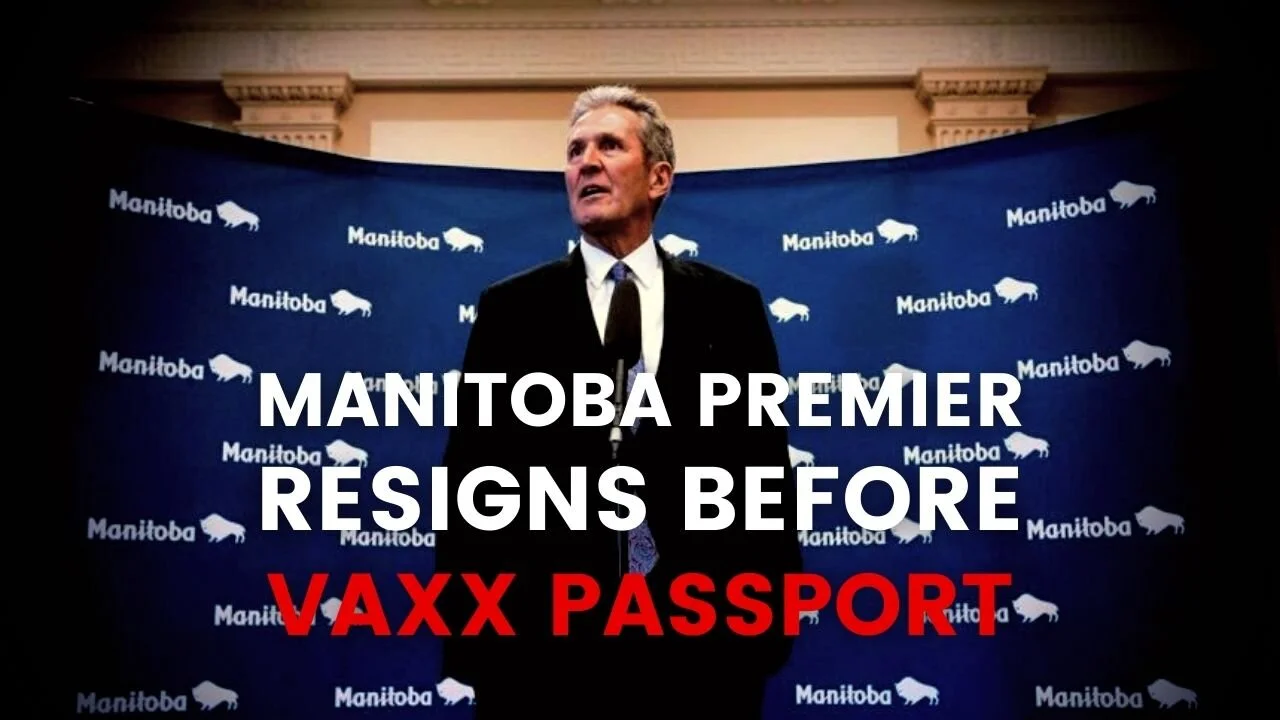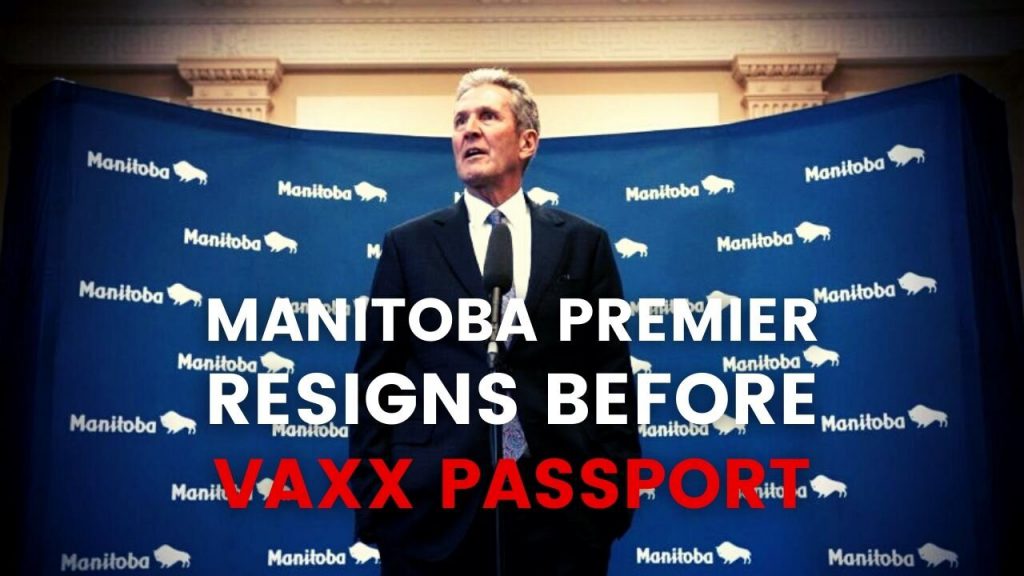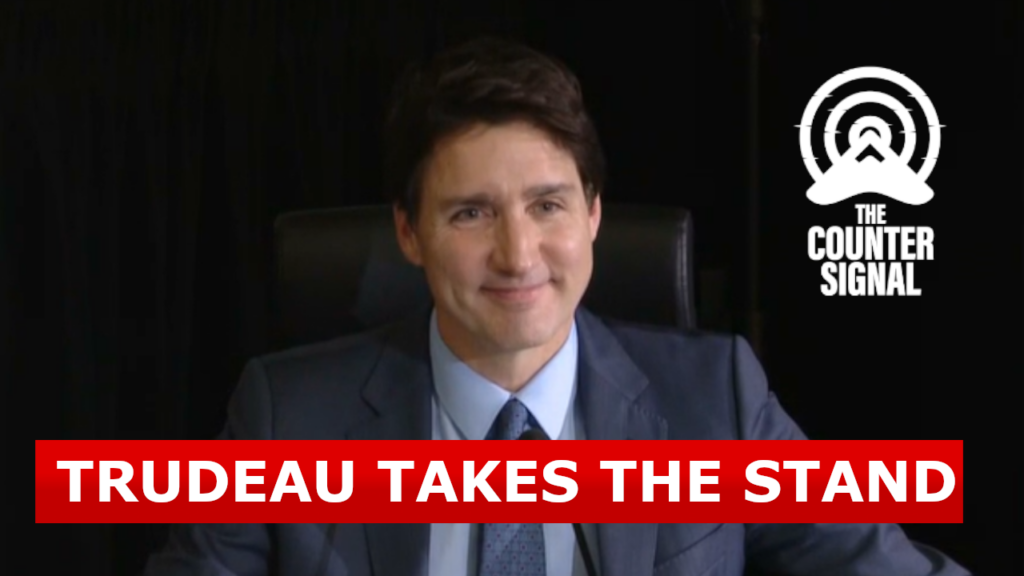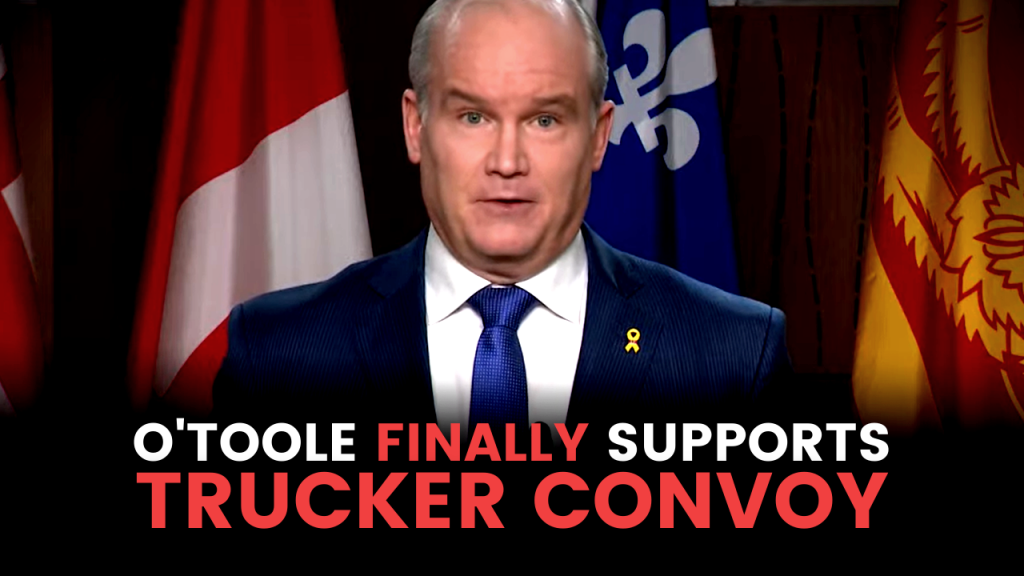
Today, Manitoba Premier Brian Pallister announced his resignation for Wednesday, September 1, only one week after the province announced that vaccine passports are on their way.
Statement from Premier Brian Pallister https://t.co/QUbEOPU5j2 pic.twitter.com/q7dzM9VNUA
— Manitoba Gov News (@MBGovNews) August 30, 2021
With Pallister approaching 70 and having a nearly 30-year-long political career under his belt, his departure is surely sudden but not shocking. Indeed, Pallister had announced that he would be leaving earlier this month — though, he did not mention that it would be nearly two months before the election of his replacement.
Indeed, the timing of it could not be any more convenient. Pallister will leave on September 1, while the Manitoba government implements the highly contentious vaccine passport only two days later. Thus, whoever takes over for Pallister on October 30 will likely be stepping onto an unwelcoming stage, met with protesters much like those who have greeted PM Justin Trudeau on his campaign trail.
In a statement today, Pallister says that he chose to take his early leave “to ensure the election of my successor can continue to take place free of any perception of any influence from the Office of the Premier.”
He went on to say that he is “incredibly optimistic” about Manitoba’s future and that he believes their post-pandemic recovery will be strong.
In an interview with the Canadian Press, he gave the exact reasoning behind his decision to leave.
“The dangers of not leaving are that false allegations will be made about me trying to influence the outcome [of the leadership vote],” Pallister said.
Strange.
“And I have not in any way, shape or form.”
Did anybody ask?
“I have only spoken two weeks ago to my cabinet and caucus and said, ‘I will be neutral. I wish you well. I would encourage you to make sure that this is a contest among friends.’”
He also says that he deeply regretted easing restrictions only to reimplement them later and that the standard for returning to normal should have been even higher.
“The problem is the [targets] weren’t high enough, and that’s the regret, and that there was pressure from the caucus to lift restrictions.”
“I’m probably, let’s just say, more cautious than most of my colleagues on this stuff,” he concluded.
Many of those in both the federal and provincial Conservative parties have avoided the issue, either deferring to the provinces in the former case or the federal government in the latter. Indeed, while Pallister is a member of the Progressive Conservative Party of Manitoba, he is still very much in favour of mandates and restrictions, and it is not clear whether his successor will be, too.











